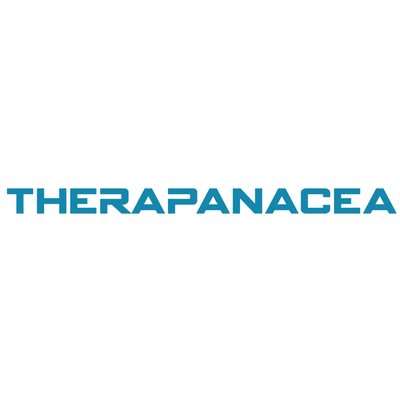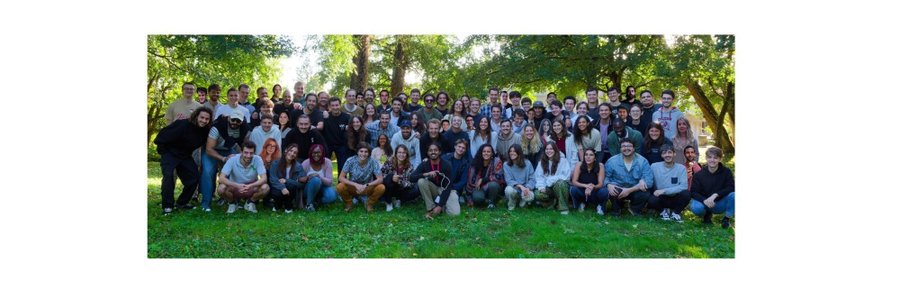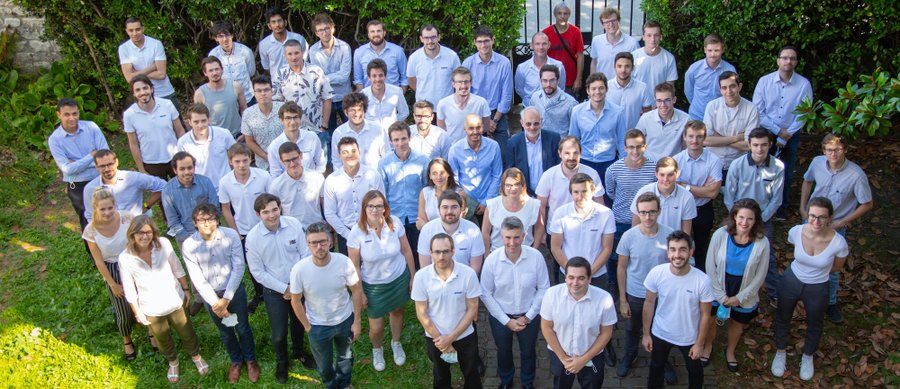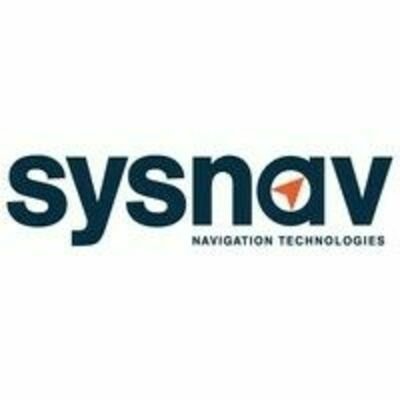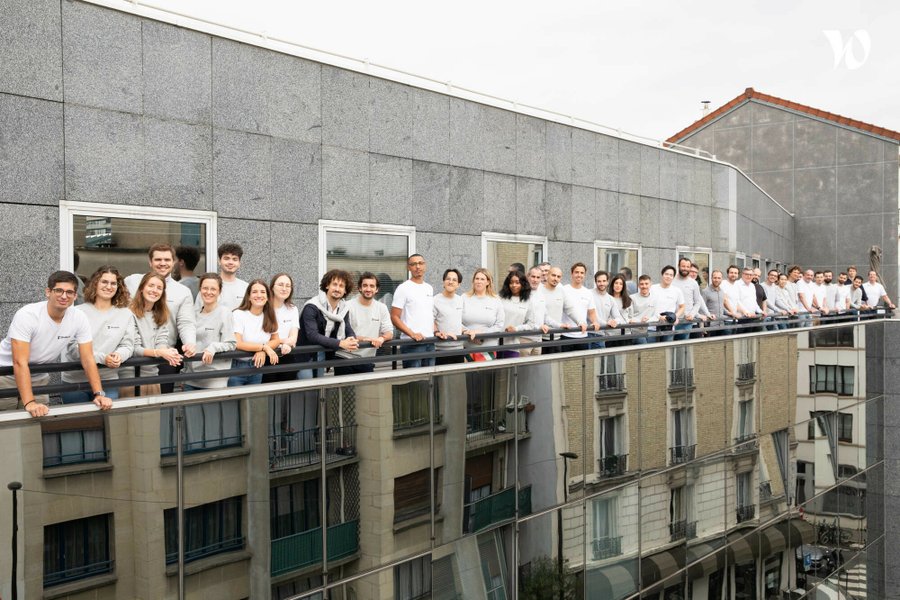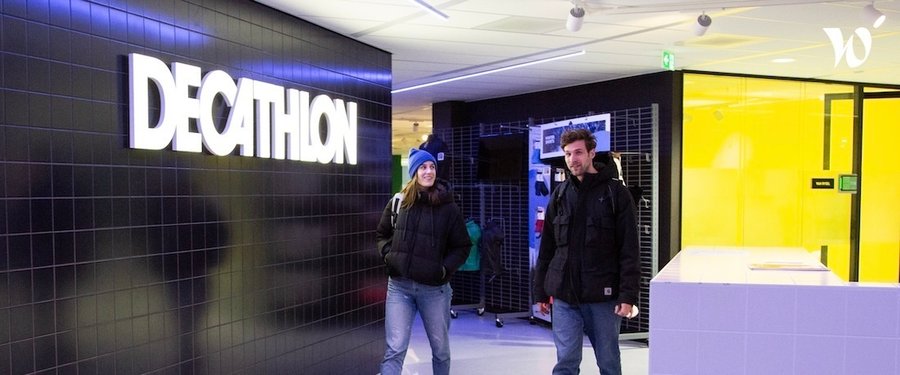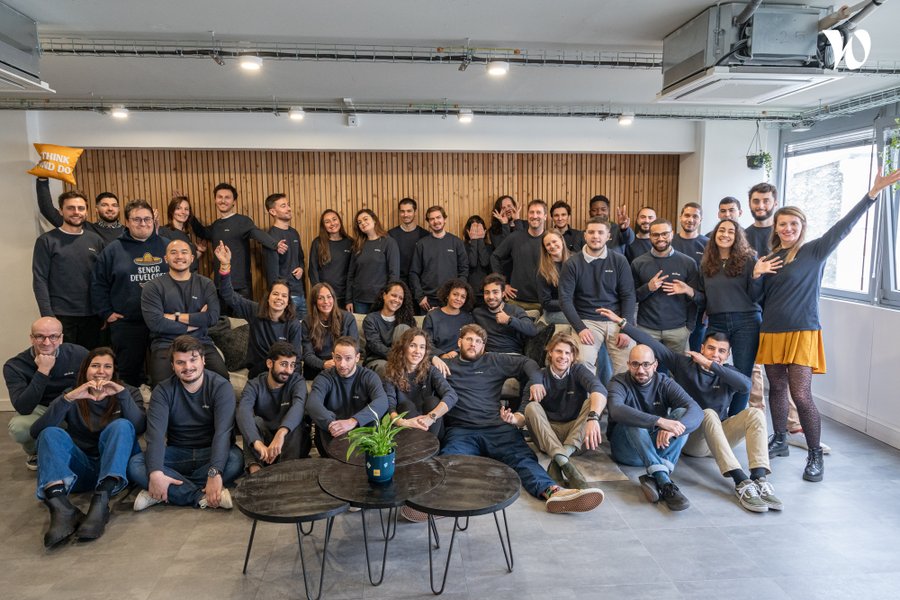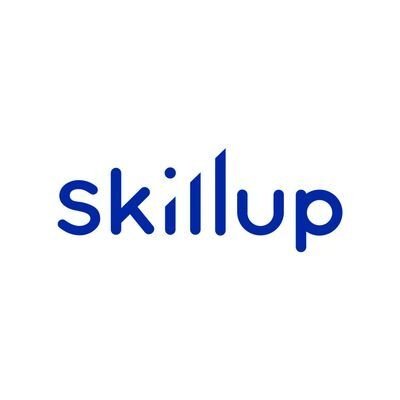Artificial Intelligence /Machine Learning Internship : Reinventing Cancer Care
Le poste
Descriptif du poste
We are mainly developing two products in the company. One, called ART-PLAN, which is an AI driven treatment planning software for adaptative radiotherapy, and another, called ART-OMICS which is a generic platform that combines efficiently multiple information sources for treatment prognosis targeting the acceleration of drug development as optimizing treatment outcomes through patient stratification and continuous assessment of treatment efficacy.
To speed-up the development of these products we would need some interns working on the following topics:
• Anatomically preserving deep learning for multi-organ segmentation:
Image segmentation is one of pillar problems in medical imaging. The advent of deep learning has led to the development of artificial intelligence methods that reach super-human precision/accuracy for organs with distinct visual characteristics. Opposite to that, humans outperform such solutions by significant margins when the task of annotation organs with limited discriminative properties are considered through the exploitation of anatomical constraints. Deep learning methods fail to account in explicit manner for such constraints. The aim of this internship will be to develop a recursive neural network pipeline that progressively imposes anatomical knowledge through an end-to-end approach where information regarding multi-organ visual properties and anatomical constraints are harmoniously coupled.
• Generative Deep Learning Rapid Positron Emission Tomography:
Positron Emission Tomography plays a key role in the successful characterization of tumor physiological properties. Its adoption/use/penetration in clinical practice is hampered from the excessive acquisition time / cost due to the low signal to noise ratio. In this internship we will investigate the use of recursive neural networks for deep learning acceleration of PET imaging. Our aim is to build a spatio-temporal regression model that can predict full scale full resolution images from low to signal to noise ratio acquisition. In this direction, methods such long-short time memory networks will be investigated for full scale PET signal recovery acquired within short time intervals.
• Deep learning Assessment of Treatment Response of Malignant Tumors:
Longitudinal positron emission tomography imaging is one of the most commonly used modalities for automatic assessment of treatment response. In such a context, patient’s imaging is brought to the same reference space and tumor activity is measured towards automatic assessment of treatment efficacy. In this internship we would like to investigate deep learning / generative adversarial neural networks for tumor specific detection models in Positron Emission Tomography as well as machine learning for automatic characterization of treatment response through a spatiotemporal modeling of PET activity.
Profil recherché
• MSc/MEng in computer science, applied mathematics
• English at a conversational level (International team)
• Good coding and problem-solving skills (python, c++)
• Good knowledge of deep learning and computer vision. An application of this techniques in a medical context would be appreciated.
• Experience with at least one of the following deep learning frameworks: mxnet, tensorflow, keras, pytorch, caffe
• Good knowledge of Generative Adversarial Networks and/or recurrent neural networks is a plus
Envie d’en savoir plus ?
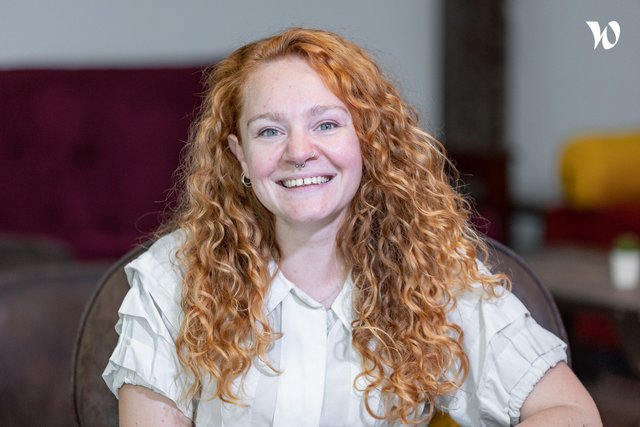
Rencontrez Despoina, AI Team Manager

Rencontrez Olivier, Director of Machine Learning & Software Developement
D’autres offres vous correspondent !
Ces entreprises recrutent aussi au poste de “Data / Business Intelligence”.
Voir toutes les offres

